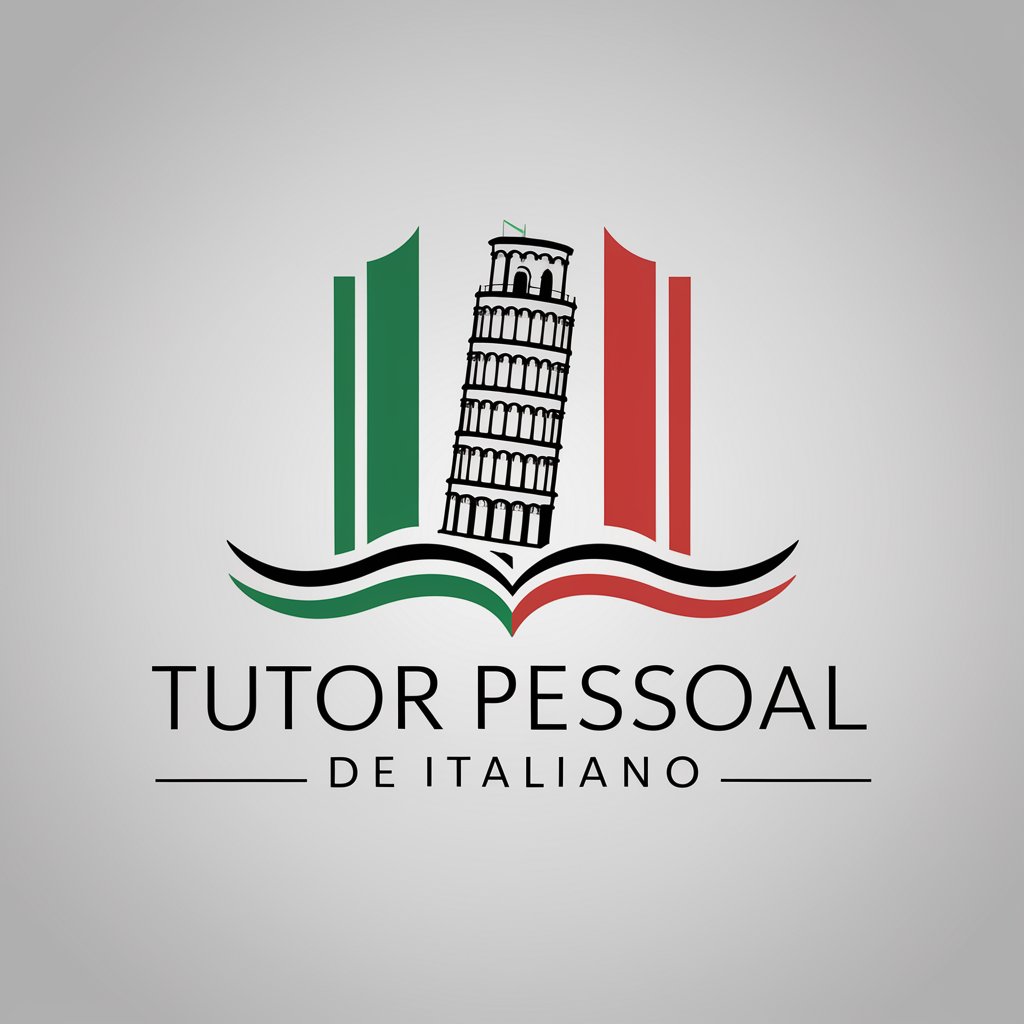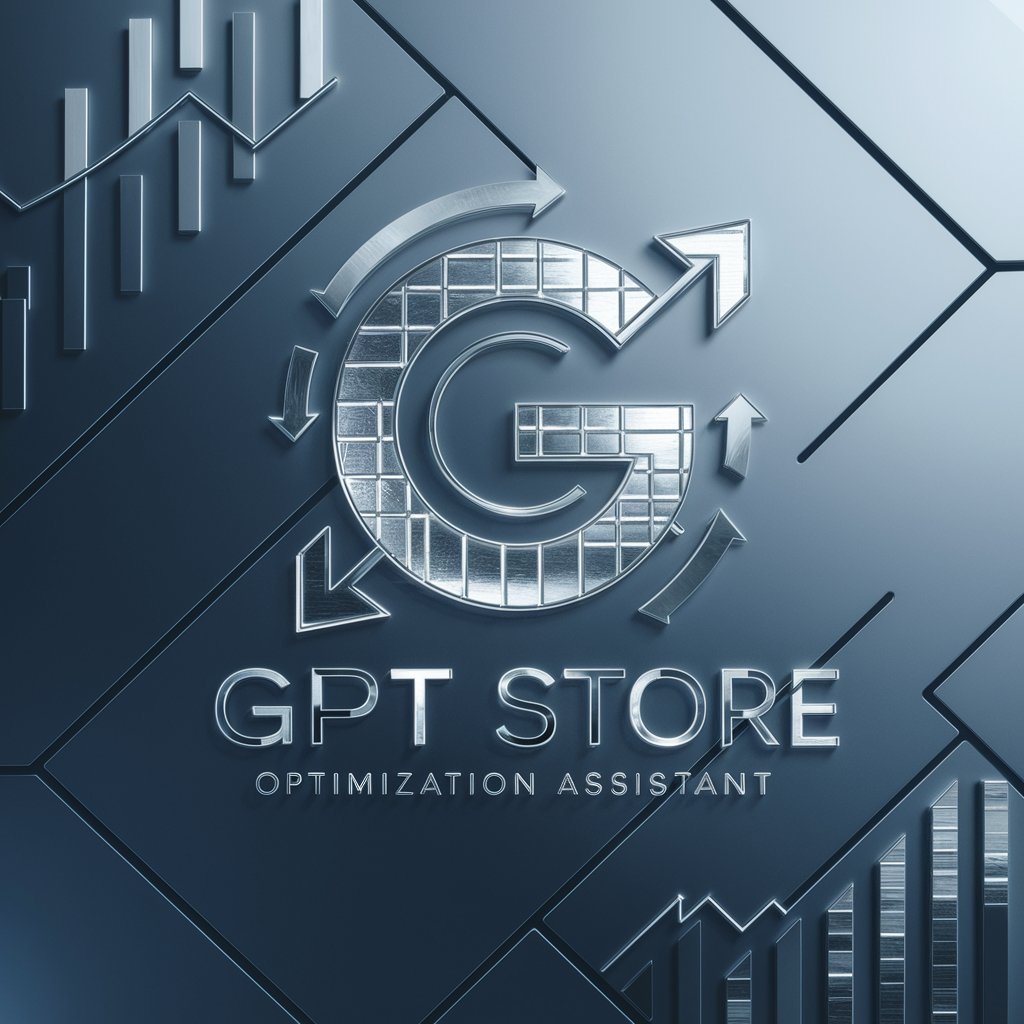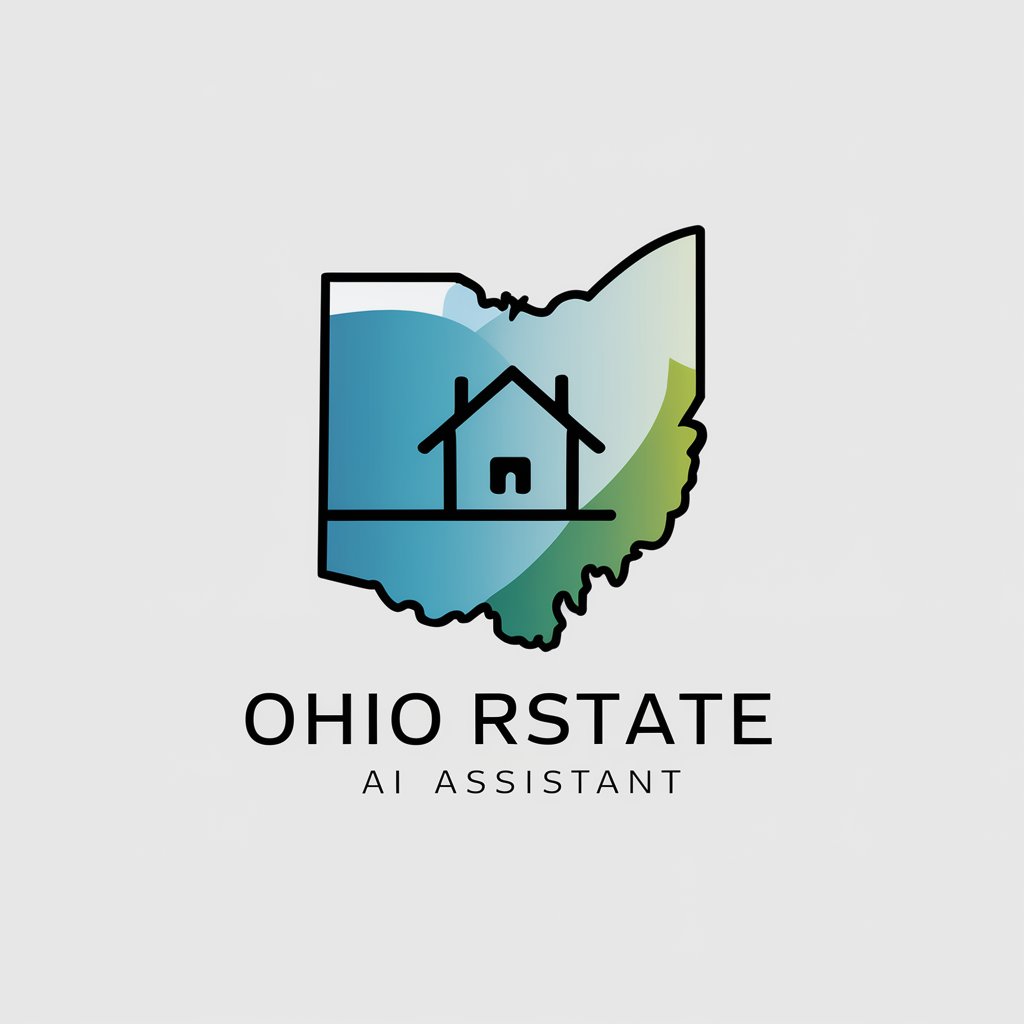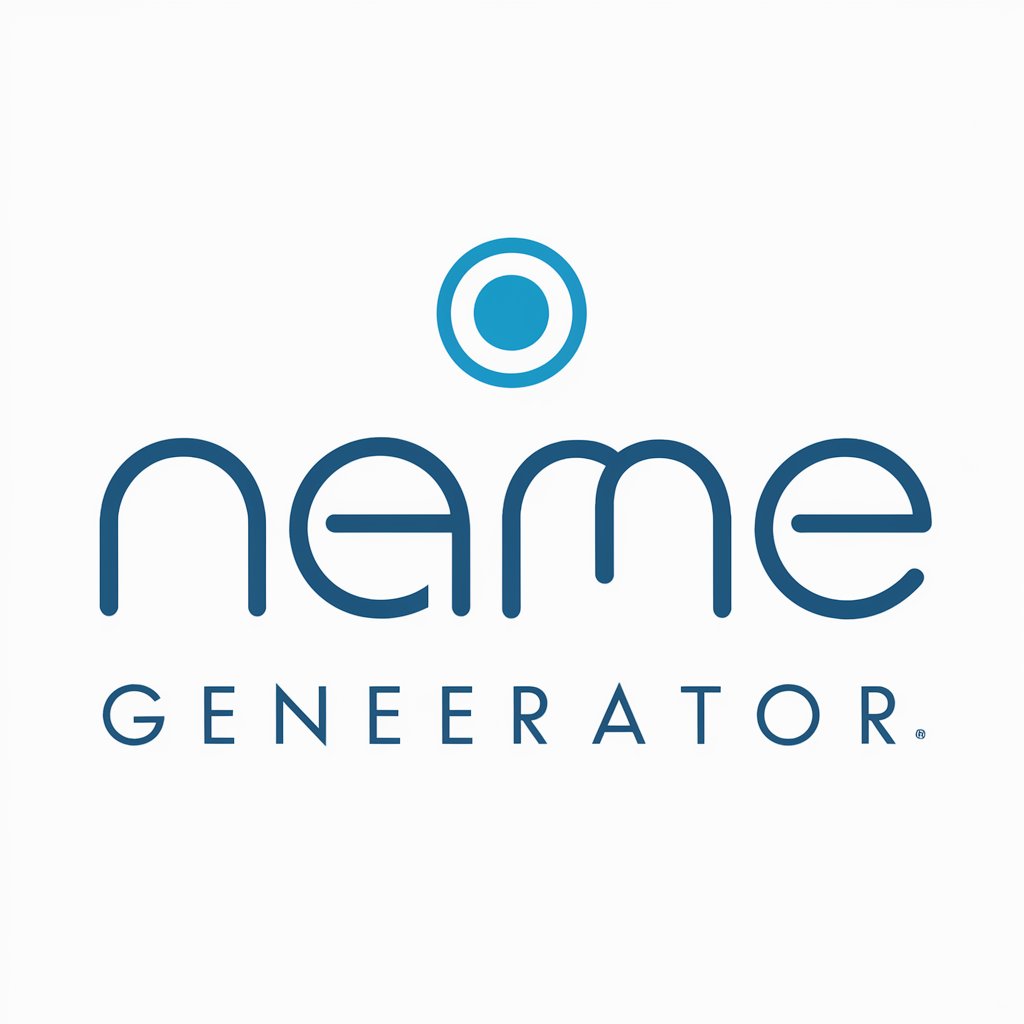Intellectual Property GPT - AI-Powered IP Guidance

Welcome! How can I assist you with your IP inquiries today?
Empowering IP Navigation with AI
Can you explain the differences between...
What are the steps to file a...
How do international IP laws affect...
What should I consider when registering a trademark in...
Get Embed Code
Introduction to Intellectual Property GPT
Intellectual Property GPT is a specialized AI designed to assist users with a wide range of intellectual property (IP) matters. It's equipped with extensive knowledge on international and regional IP laws, case studies, and the latest trends in IP management. The core design purpose is to make complex legal concepts accessible and to provide information relevant to IP such as patents, copyrights, trademarks, and more. For example, Intellectual Property GPT can offer insights into the process of filing a patent, navigating copyright laws for creative works, or understanding the intricacies of trademark registration, illustrating its application through relevant legal frameworks and precedents. Powered by ChatGPT-4o。

Main Functions of Intellectual Property GPT
IP Law Guidance
Example
Advising on copyright law for digital content creators.
Scenario
A digital artist wants to understand how to protect their online artwork from unauthorized use. Intellectual Property GPT explains copyright registration process and how copyright law applies to digital works.
Patent Information
Example
Assistance with patent search and analysis.
Scenario
An inventor seeks to patent a new invention and needs to conduct a comprehensive search to ensure novelty. Intellectual Property GPT provides guidance on using databases like the WIPO IP Statistics Data Center and EPO Worldwide Patent Statistical Database (PATSTAT) for patent searches.
Trademark Registration
Example
Guidance on the process of trademark registration.
Scenario
A startup is looking to register its brand name and logo as trademarks. Intellectual Property GPT offers step-by-step advice on the registration process, including search for existing trademarks and application submission tips.
IP Strategy and Management
Example
Developing an IP strategy for businesses.
Scenario
A business needs to develop an intellectual property strategy to protect and capitalize on its assets. Intellectual Property GPT suggests best practices for IP management, leveraging tools like Innography for analytics and strategic planning.
Ideal Users of Intellectual Property GPT Services
Lawyers and Legal Professionals
Legal experts specializing in IP law can utilize Intellectual Property GPT for research, case law references, and staying updated with the latest trends and changes in IP laws across different jurisdictions.
Entrepreneurs and Businesses
Startups and businesses can benefit from guidance on protecting their intellectual property, developing IP strategies, and understanding the legal frameworks that affect their operations in different markets.
Inventors and Creators
Individuals looking to protect their inventions, designs, or creative works can use Intellectual Property GPT for insights into patents, copyrights, and trademarks, ensuring their innovations are adequately safeguarded.
Academics and Researchers
Researchers focusing on intellectual property law or innovation can leverage the comprehensive data sources and analytics tools recommended by Intellectual Property GPT for their scholarly work and analysis.

How to Use Intellectual Property GPT
Step 1
Start by visiting yeschat.ai to explore Intellectual Property GPT without the need for signing up or subscribing to ChatGPT Plus.
Step 2
Identify your Intellectual Property (IP) related query or need, such as seeking guidance on patent filing, understanding copyright laws, or navigating trademark registration.
Step 3
Use the provided text box to input your question. Be as specific as possible to ensure the most accurate and relevant information is provided.
Step 4
Review the response from Intellectual Property GPT. For complex queries, you might need to refine your question or ask follow-up questions for additional clarity.
Step 5
Utilize the recommended resources or follow the guidance provided for further action. Remember, Intellectual Property GPT serves as a starting point for IP information and should not replace professional legal advice.
Try other advanced and practical GPTs
Viral Video Thumbnail Generator
Empower Your Thumbnails with AI

Tutor Pessoal de Italiano
Personalized Italian Learning with AI

GPT SEO Store Optimization Assistant
Elevate Your GPT's Store Presence

Elizabeth II
Empowering wisdom with AI-powered royal insight.

GptOracle | The Strategic HR Innovator
Empowering HR with AI Innovation

Growth Compass - Life Coach In Your Pocket
Empowering Your Personal and Professional Growth

Melody Crafter - Quasarix
Craft Your Sound with AI

Walk Me Through
Navigate games smarter, powered by AI

하티 전북여행 AI
Explore Jeollabuk-do with AI Expertise

OH Real Estate Agent
AI-powered Ohio Real Estate Expert

Name Generator
Crafting Names with AI Precision

Cassie The Travel Advisor
Personalized Travel Planning with AI

Intellectual Property GPT Q&A
Can Intellectual Property GPT help with patent research?
Yes, Intellectual Property GPT can provide guidance on conducting patent research, offering insights into valuable data sources such as WIPO IP Statistics Data Center and Derwent World Patents Index. However, for in-depth analysis and legal advice, consulting a patent attorney is recommended.
How does Intellectual Property GPT stay updated with current IP laws?
Intellectual Property GPT is regularly updated with the latest legal precedents, changes in IP law, and emerging trends in the IP landscape to ensure it provides relevant and current information.
Is Intellectual Property GPT suitable for trademark registration advice?
While Intellectual Property GPT can offer general guidance on trademark registration processes and required documentation, it emphasizes the importance of consulting with a trademark attorney for specific legal advice and assistance with the registration process.
Can this tool assist in identifying IP infringement risks?
Intellectual Property GPT can provide general information on how to identify potential IP infringement risks and the steps to take for protection. However, it does not replace the need for a legal assessment from a qualified IP professional.
What resources does Intellectual Property GPT recommend for IP analytics?
Intellectual Property GPT recommends resources such as Lex Machina for litigation analytics and Clarivate Analytics for IP intelligence and analytics. These tools offer comprehensive insights into IP trends, litigation, and more.
